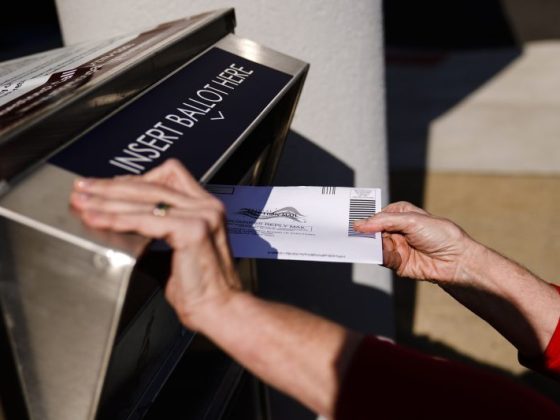The enchanting lure of gold has not waned throughout human history, as both individuals and nations continue to prize this precious metal for its economic value and symbolic importance. Recent studies, however, point to a concerning trend in the global gold trade: the United Arab Emirates (UAE) has emerged as a top destination for smuggled African gold. According to the data, this illegal trade is estimated to be of billions of dollars, posing serious socio-economic and political implications that warrant closer examination.
Firstly, it is worth noting the strange inconsistency between the UAE’s lack of significant gold reserves and its meteoric rise as a major international hub for gold trade. The Gulf nation doesn’t have any significant gold mines, yet, a staggering 44.4% of African gold exports ended up in the UAE, according to the United Nations Conference on Trade and Development (UNCTAD). And it’s not just the pure volume that’s raising eyebrows; the apparent discrepancy between the official trade figures and the high throughput of gold indicates a significant amount of smuggling activity.
One chief reason driving this illicit trade is the alarming condition of informal and small-scale gold mining across many African nations. Lack of regulatory frameworks, extreme poverty, and the harsh, unsafe working conditions incentivize miners to seek alternative routes to sell their produce. For these disenfranchised miners, smuggling gold to the UAE offers a release from the clutches of exploitative middlemen, corrupt officials, and local warlords.
Shady gold dealers capitalize on UAE’s lax regulations and gold-friendly policies to operate with seeming impunity. The country’s insistence on maintaining a zero tax framework for gold transactions makes it a smuggler’s paradise, attracting illegal gold like a magnet. Furthermore, Dubai’s extensive free trade zones and its proximity to gold-consuming nations make it a highly sought-after destination for illicitly-obtained gold.
The detrimental impact of this illicit trade, however, is not to be understated. Fueled by greed, these murky transactions undermine Africa’s economic growth and exacerbate existing socio-political issues. Revenues from gold sales that could have been directed towards national development are funneled out of the continent. This illicit trade also stimulates armed conflicts, as rebel groups and warlords, particularly in conflict-ridden regions like the Democratic Republic of Congo, are known to seize control of gold mines to fund their warfare activities.
Equally concerning, this illicit trade also harms the sustainable economic development of the UAE itself. By handling smuggled gold, the Gulf nation risks tarnishing its reputation as a leading global business hub. As it prepares to host Expo 2020, aiming to showcase the country’s attractiveness to international investors and tourists, being associated with illicit gold trades is counterproductive to the image it is striving to uphold.
Addressing this issue necessitates cooperation from both African nations and the UAE. African countries must bolster their governance, reinforce regulatory frameworks, and embark on initiatives to formalize their artisanal and small-scale mining sector. On the other hand, the UAE could adopt more robust checks and balances to obstruct the influx of illegal gold. As part of this, the country could reconsider its zero-tax policy on gold transactions, scrutinize its free trade zones more closely, and ensure greater transparency in its gold dealings.
In conclusion, the clandestine trade of African gold to the UAE is a multifaceted issue that unveils a broad spectrum of socio-economic and political challenges. While gold holds a timeless allure that transcends borders and cultures, the encrusted dirt of exploitation and illegality stains its shine. It is, therefore, imperative for all stakeholders to address these issues, ensuring the gold trade becomes a means of sustainable development globally, rather than a conduit for illicit activity and socio-economic disparity.











